After a tumultuous political landscape in Spain, Pedro Sánchez, the leader of the Spanish Socialist Workers’ Party (PSOE), has secured his position as the president of the Government. This victory comes after a series of negotiations and political maneuvering, solidifying Sánchez’s position as a key figure in Spanish politics. In this article, we will explore the reasons behind Sánchez’s continued presidency and the implications it holds for Spain.
A Shifting Political Landscape
Spain has experienced significant political shifts in recent years, with the rise of populist parties and the decline of traditional political forces. This changing landscape has created a fragmented parliament, making it challenging for any single party to secure a majority. As a result, coalition governments have become the norm, requiring negotiation and compromise.
Sánchez’s Political Strategy
Pedro Sánchez has proven himself to be a skilled political strategist, adept at navigating the complex Spanish political landscape. He has successfully formed coalitions with other left-leaning parties, such as Podemos, to secure the necessary support to remain in power. Sánchez’s ability to build alliances and find common ground has been crucial in maintaining his position as president.
Economic Stability and Social Reforms
During his time in office, Sánchez has focused on promoting economic stability and implementing social reforms. His government has prioritized job creation, reducing unemployment rates, and improving the welfare system. These efforts have resonated with the Spanish population, particularly those who have been most affected by the economic downturn.
International Relations and Diplomacy
Sánchez has also been active on the international stage, strengthening Spain’s relationships with other countries and international organizations. He has advocated for a more united and integrated European Union, positioning Spain as a key player in European politics. Sánchez’s diplomatic efforts have garnered support both domestically and internationally, further solidifying his position as a respected leader.
Challenges Ahead
While Pedro Sánchez’s continued presidency is a significant achievement, he still faces numerous challenges. The COVID-19 pandemic has had a severe impact on Spain’s economy and healthcare system, requiring effective crisis management and recovery strategies. Additionally, the rise of far-right parties poses a threat to the stability of the government and the country as a whole.
- Sánchez must navigate these challenges while maintaining the support of his coalition partners and the Spanish population.
- He will need to address the concerns of those who feel left behind by economic reforms and ensure that the recovery benefits all segments of society.
- Furthermore, Sánchez must continue to strengthen Spain’s international relationships and navigate the complexities of European politics.
Pedro Sánchez’s continuation as president of the Government is a testament to his political acumen and ability to navigate a fragmented political landscape. His focus on economic stability, social reforms, and international relations has resonated with the Spanish population and garnered support both domestically and internationally. However, challenges lie ahead, including managing the COVID-19 crisis, addressing the concerns of marginalized groups, and navigating the rise of far-right parties. Sánchez’s ability to tackle these challenges will determine the success of his presidency and the future of Spain.














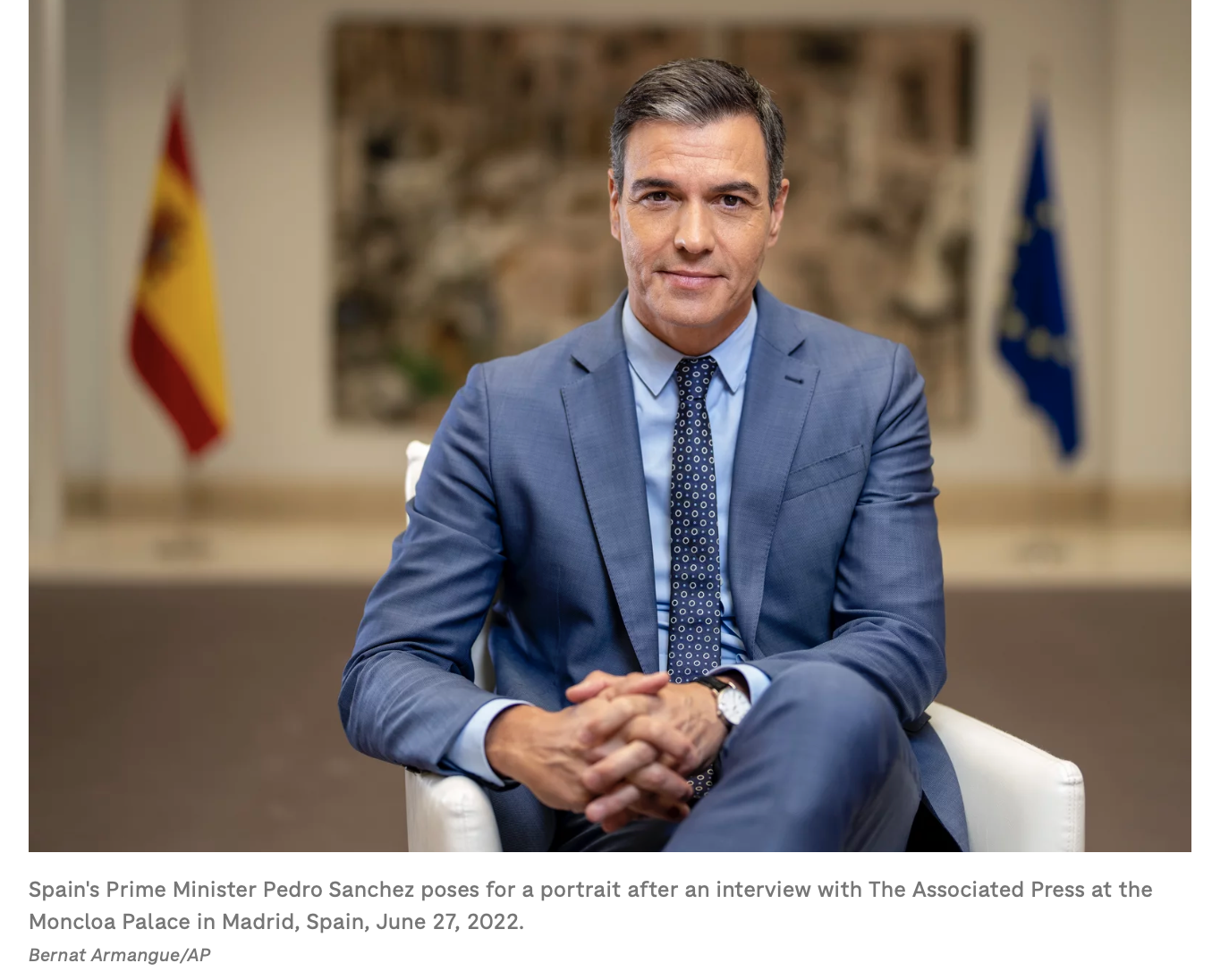

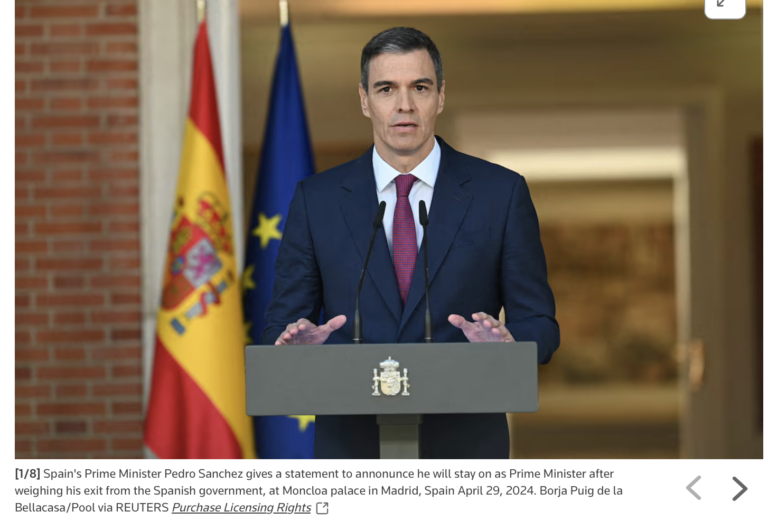
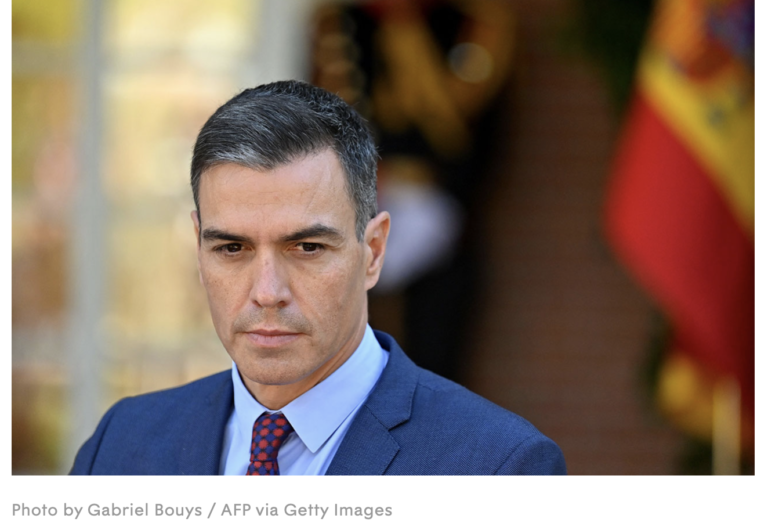
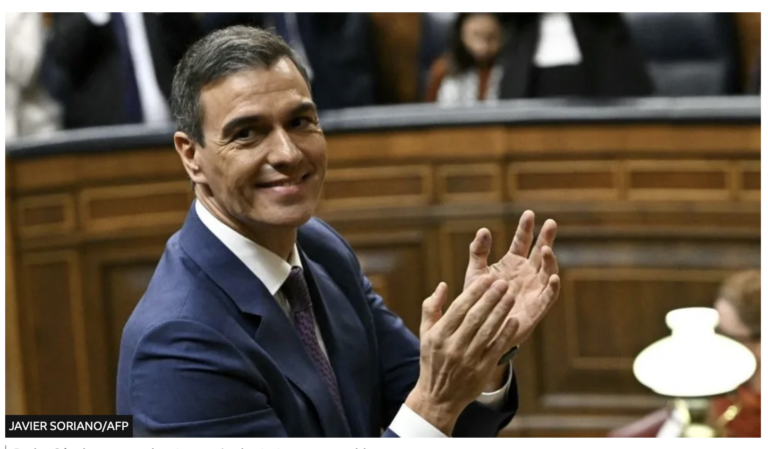

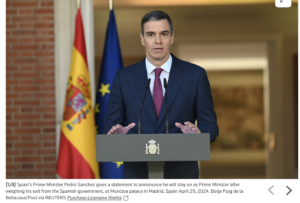








+ There are no comments
Add yours